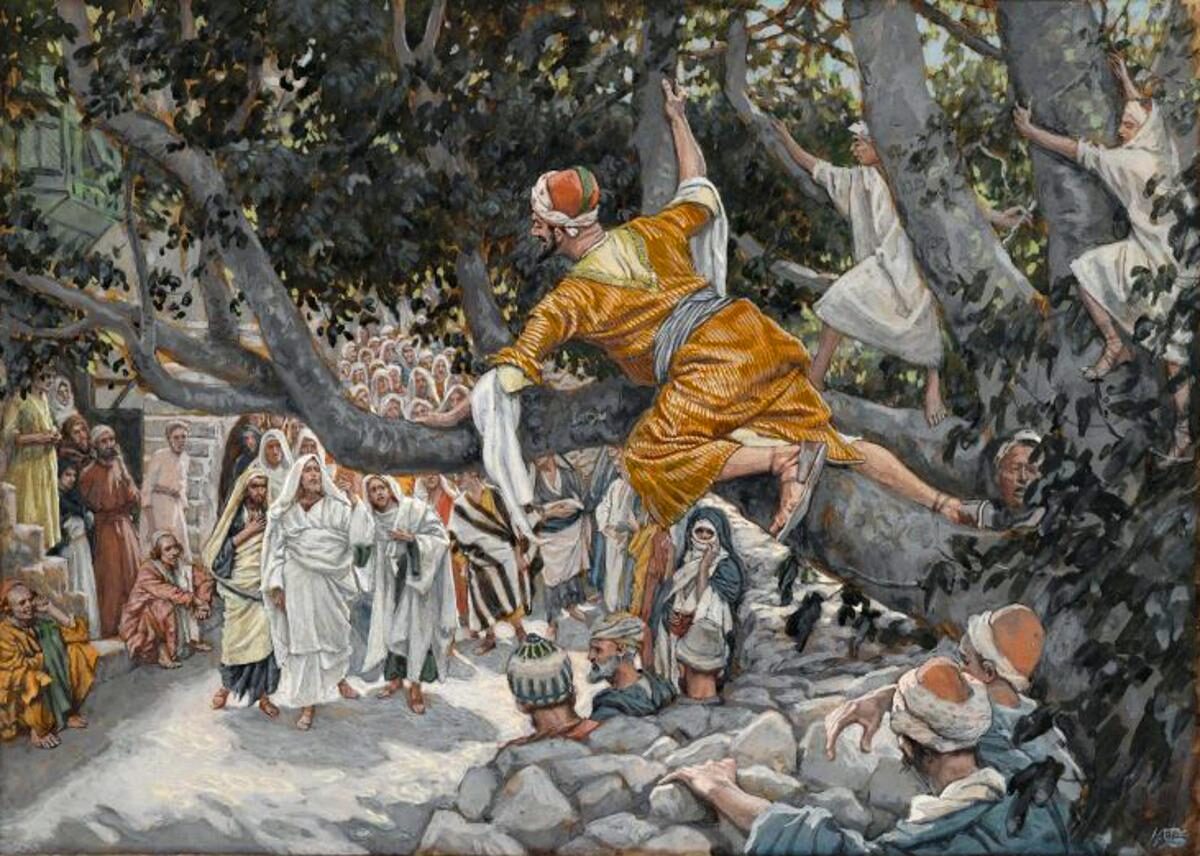In this commentary on the Gospel, Friar Luciano Audisio Luciano Audisio invites us to contemplate the parable of the rich man and Lazarus as a concrete call to recognize Christ himself in the poor. The seventh brother who completes our life, the one who opens the door to fullness and the Eucharist.
Where to find the Risen One?
Today’s Gospel poses a decisive question: Jesus is risen, but where can we find him?
The first Christians saw him in flesh and blood: in the apparitions after Easter, or St. Paul on the road to Damascus. But where do we recognize him?
The parable of the rich man and Lazarus offers us a precious key.
A parable about concrete life
At first glance, the story looks like a picture of the afterlife: the wicked punished and the poor consoled. But Jesus is not interested in describing the “geography” of the afterlife, nor in offering us a map of heaven and hell.
His message touches something else: our concrete life, our daily decisions, the way we treat the poor at the door of our home and our heart.
Listening to the Word
The final words are decisive. The rich man asks Lazarus to return to warn his brothers, but the answer is clear:
“They have Moses and the prophets. Let them hear them.”
Scripture already contains all that is necessary to recognize God’s will. And if they do not listen to the Word, they will not believe even if someone comes back from the dead.
Jesus is Lazarus
When Luke writes his Gospel – between the 1970s and 1980s – Christians already know that someone has returned from the dead: Jesus of Nazareth, the Crucified One.
In this way, the parable becomes an image of Christ himself. Jesus is Lazarus: the rejected, the wounded, the poor who lies at the door, but who rises to give us life.
The seventh brother
There is a very significant numerical detail. The rich man has five brothers. With him there are six. Lazarus is the seventh.
In the biblical tradition, seven means fullness, totality. This suggests to us that this man’s life – and ours – is incomplete as long as we do not recognize the “seventh brother,” who is Jesus present in the poor.
Without Lazarus there is no fulfillment. Our existence is fractured if we leave him out.
A Eucharistic background
This passage also has a Eucharistic background. The rich man, who despised the wounds of Lazarus, at the end begs for his mouth to come close to that wounded body.
In the Eucharist we live the opposite: not as desperate beggars, but as invited children, we bring our mouth close to the wounds of Christ.
To receive communion is to kiss those wounds and open ourselves to a new way of living: to welcome the poor, to reconcile in the most difficult relationships, to open our hearts to the excluded.
Who is my Lazarus today?
The question becomes personal: who is today the “Lazarus” that I keep at a distance, the one who makes me uncomfortable, the one I leave off my table and out of my life?
Dogs licking sores
There is one more detail, almost hidden, but very strong: at the beginning we are told that “the dogs licked the sores of Lazarus”(οἱ κύνες ἐρχόμενοι ἐπέλειχον τὰ ἕλκη αὐτοῦ).
In the Jewish mentality, the dogs represented the pagans, those who were outside the Covenant. It is as if the Gospel were telling us that sometimes outsiders come closer to suffering than the so-called “believers”.
And it also reminds us that we are all, in a way, those dogs: distant, unworthy, yet invited to the Lord’s banquet.
The Good News
The Good News is this: God has welcomed us first. Christ has returned from the dead and has broken down all the walls. He is our seventh brother, the fullness of our life.
Today the Gospel invites us to take a very concrete step: to recognize him in the poor, in the wounded, in the one to whom we are reluctant to open our hearts.
Let us not be afraid. In that gesture of opening our door to the waiting Lazarus, we will discover that we have received the Risen One himself.


